k/d cat food: dry v/s wet ...
dwmc
14 years ago
Related Stories

FRONT YARD IDEASWelcome Edibles Into the Front Yard for Fresh Food and More
Give your front yard design a boost and maybe even make new friends by growing fruits and vegetables
Full Story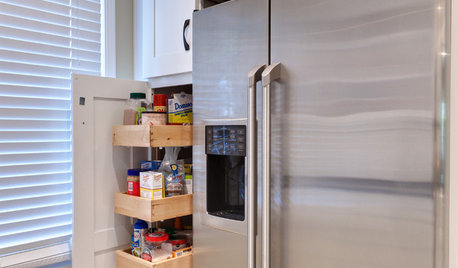
KITCHEN STORAGEPantry Placement: How to Find the Sweet Spot for Food Storage
Maybe it's a walk-in. Maybe it's cabinets flanking the fridge. We help you figure out the best kitchen pantry type and location for you
Full Story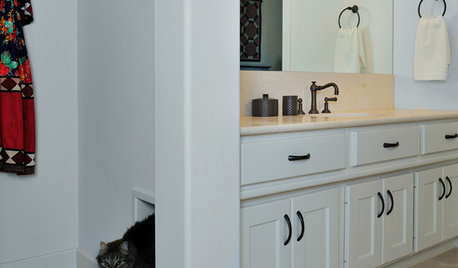
PETSSo You Want to Get a Cat
If you're a cat lover, the joys outweigh any other issue. If you haven't lived with one yet, here are a few things to know
Full Story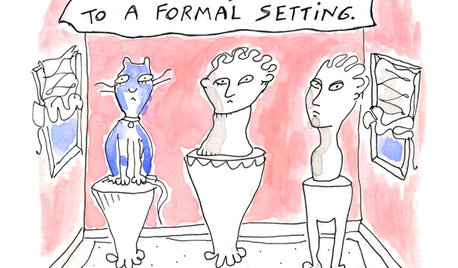
MOST POPULAR7 Ways Cats Help You Decorate
Furry felines add to our decor in so many ways. These just scratch the surface
Full Story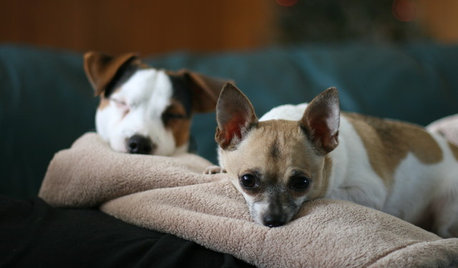
PETSHouzz Pets Survey: Who Rules the House — Dogs or Cats?
New data shows that pets make people happy, and pet owners love spending big to return the favor
Full Story
PETSHouzz Call: Send in the Design Cats
Post your best photo of your cat at home, in the garden or with you in your studio. It could be published in a featured ideabook
Full Story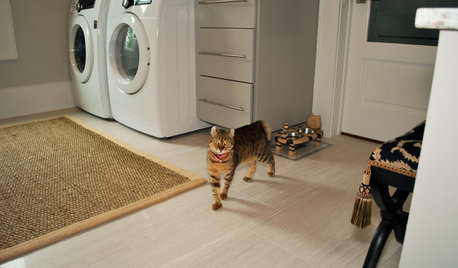
THE HARDWORKING HOMEA Laundry Makes Room for a Diva Cat
A South Carolina laundry room was designed to be sophisticated and functional, but when a kitten arrived, whimsy emerged
Full Story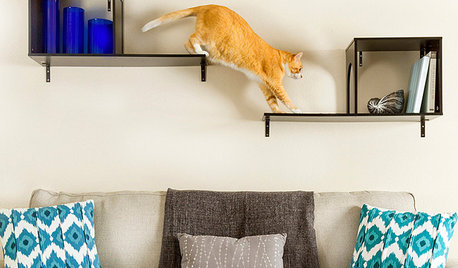
SHOP HOUZZHouzz Products: Create a Cat Heaven at Home
Show kitty you care and keep your style too with fun and cozy cat beds, perches, trees and decor
Full Story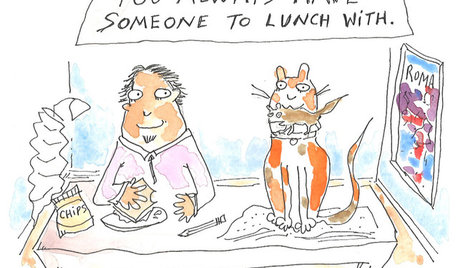
FUN HOUZZ6 Reasons Every House Needs a Cat
Everyone should have a feline fixture as part of their home decor. Here's why
Full Story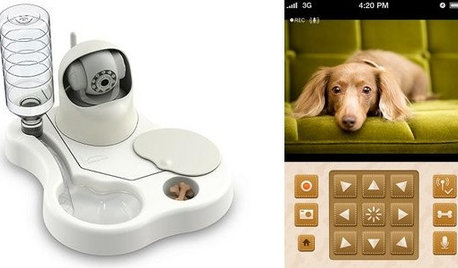
HOME TECHTo Feed and Protect: Care for Your Pet From Afar With New Devices
You might miss the nuzzles, but your dog or cat won't miss food, water or monitoring with these high-tech feeders and cameras
Full Story






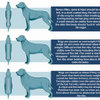
organic_donna
carmen_grower_2007
Related Professionals
Plainville Architects & Building Designers · Eagan Furniture & Accessories · Greenville Furniture & Accessories · Owensboro Furniture & Accessories · Surprise Furniture & Accessories · Pinehurst Furniture & Accessories · Forest Hills Cabinets & Cabinetry · Burlington Flooring Contractors · Glendale Flooring Contractors · Green Bay Flooring Contractors · Manteca Flooring Contractors · Oro Valley Flooring Contractors · Palm Springs Flooring Contractors · Powell Flooring Contractors · Tampa Flooring Contractorsharebelle
michelle_phxaz
harebelle
carmen_grower_2007
harebelle
carmen_grower_2007
harebelle
carmen_grower_2007
Meghane
harebelle
Anne_Marie_Alb